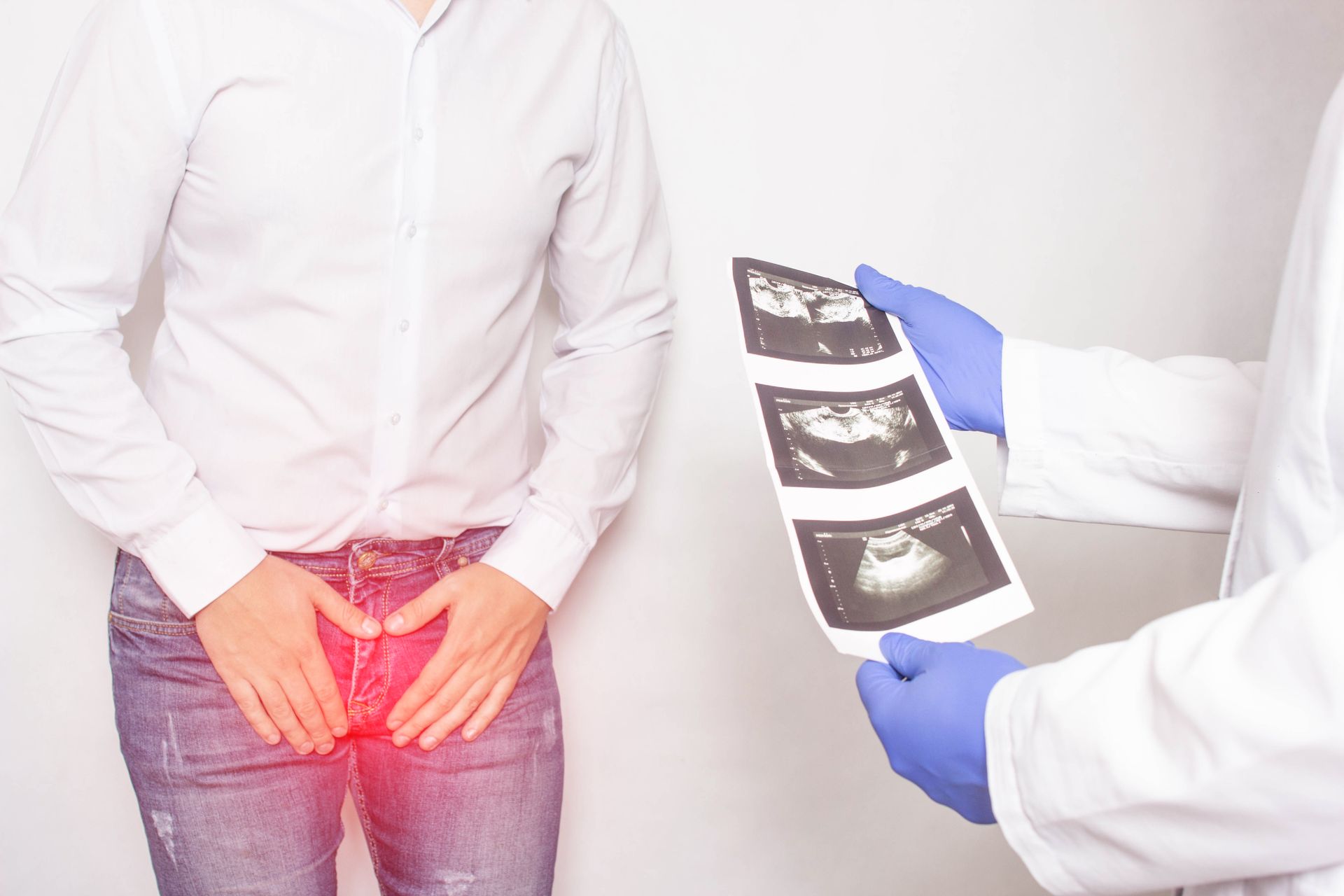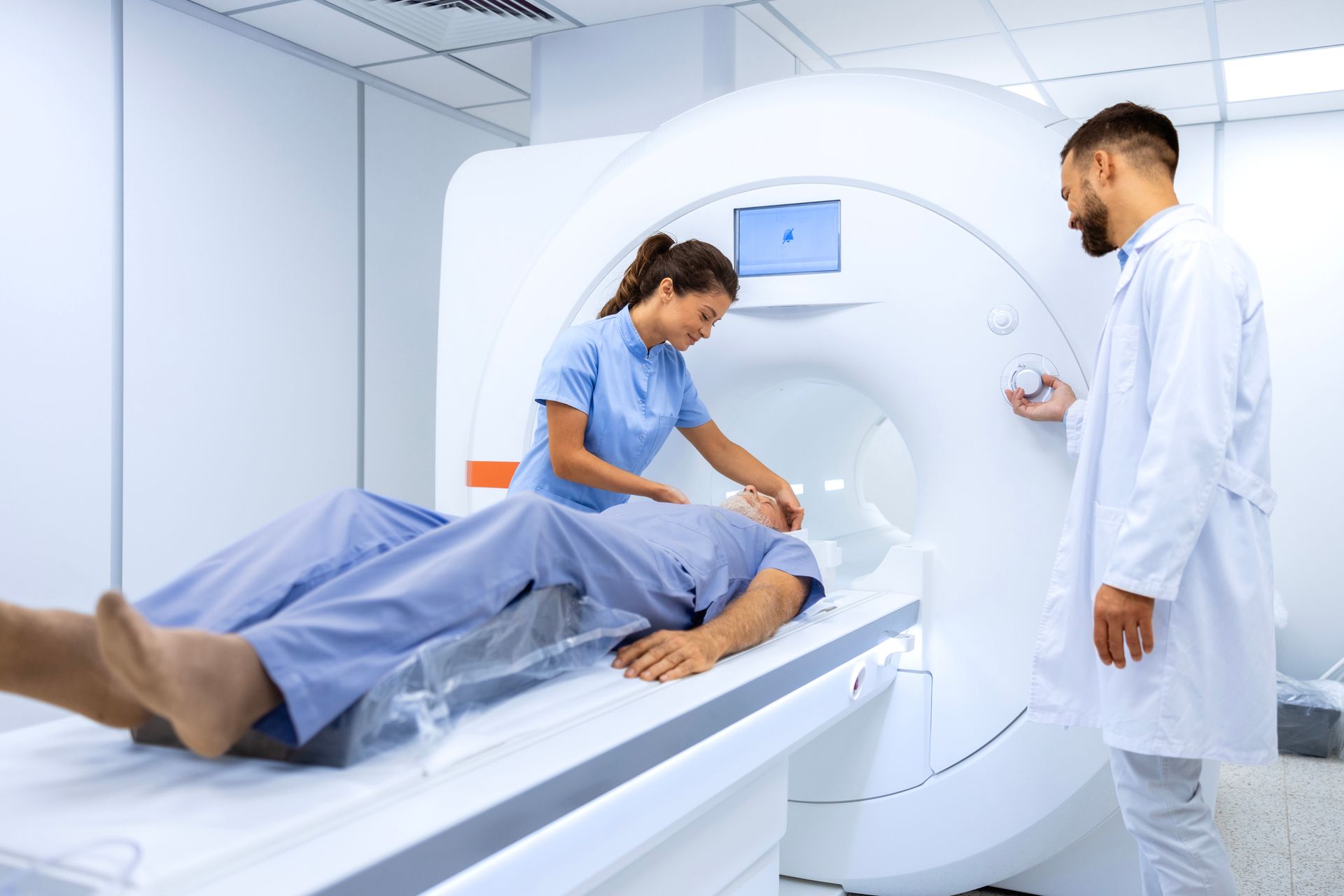Advanced, Accurate, and Safer Detection of Prostate Lesions
At our clinic, we utilize MRI Fusion Transperineal Biopsy, a cutting-edge technique for diagnosing prostate cancer with greater accuracy and reduced risk. This state-of-the-art procedure combines detailed MRI imaging with real-time ultrasound to precisely target suspicious prostate lesions—without passing through the rectum.
MRI Fusion Transperineal Biopsy is a minimally invasive procedure used to diagnose prostate cancer. It uses detailed magnetic resonance imaging (MRI) to detect abnormal areas within the prostate. These images are fused with real-time ultrasound to guide a needle through the perineum (the skin between the scrotum and anus), allowing your doctor to take precise tissue samples.
MRI Fusion Transperineal vs. Transrectal Biopsy
| Feature | Transperineal | Transrectal |
|---|---|---|
| Infection Risk | Low | Higher (due to rectal bacteria) |
| Accuracy | High (MRI-targeted) | Lower (random or less targeted) |
| Access to All Prostate Zones | Yes | Limited |
| Use of Antibiotics | Often unnecessary | Commonly required |
| Pain Management | Local anesthesia or sedation | Local anesthesia |
Frequently Asked Questions
Have questions about our MRI Fusion Transperineal prostate biopsies? Explore our FAQ for detailed answers, or reach out directly if you need further assistance.
Explore Our Other Treatments
Our diverse range of medical services is expertly designed to address a wide spectrum of patient needs, ensuring personalized and comprehensive care for every individual. Explore how we can support your health journey with unmatched expertise and dedication.



